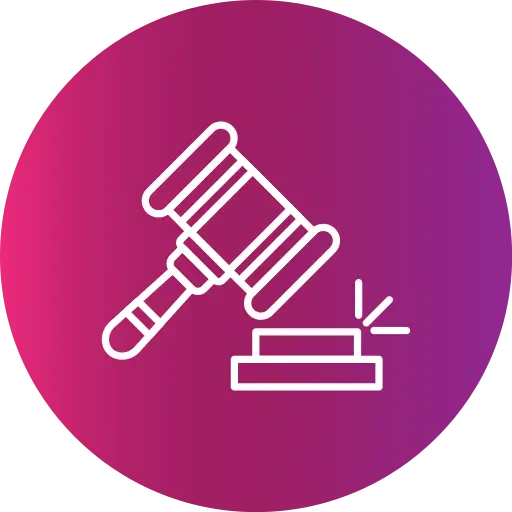

They’ve increased efficiency in some places
Where have they demonstrably increased efficiency at all? I can only find people talking in the abstract about how AI provides a net benefit. All of the studies I can find show that once actual scientific measurements of efficiency, productivity, or quality are made, at least one of those suffers more than any modest gains provided by AI, if there are any gains at all.













I would love to see the werewolf play the pompous know-it-all: “Um, actually the idea that the moon causes the change is a superstition. It’s a body cycle that often coincidentally matches up with the full moon. People just remember the times during the full moon because of confirmation bias.”